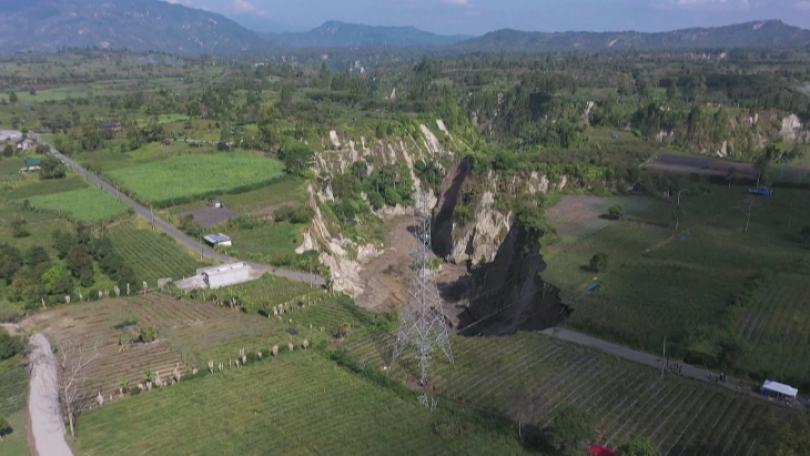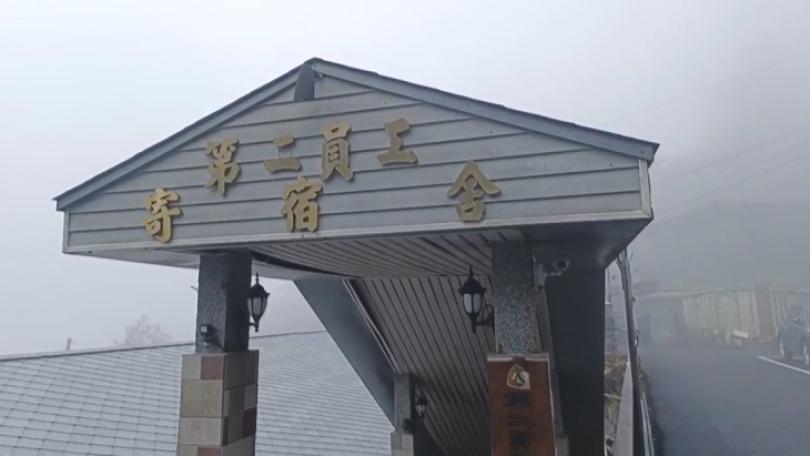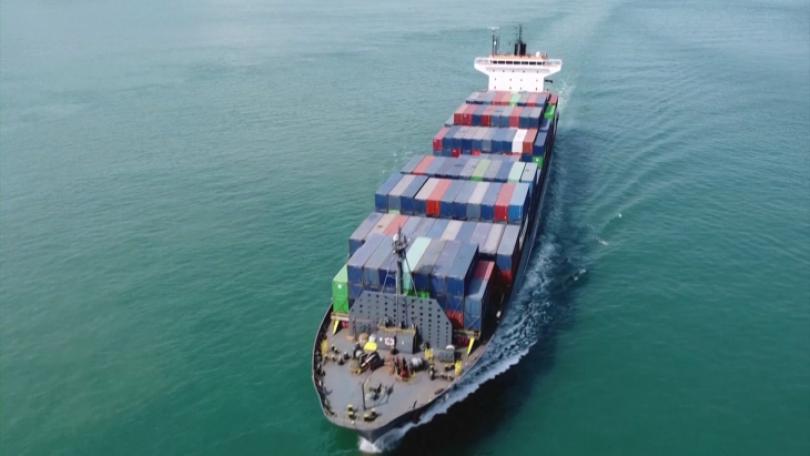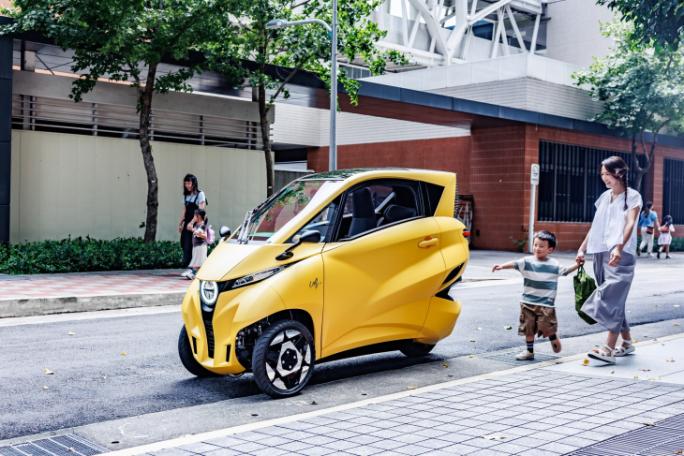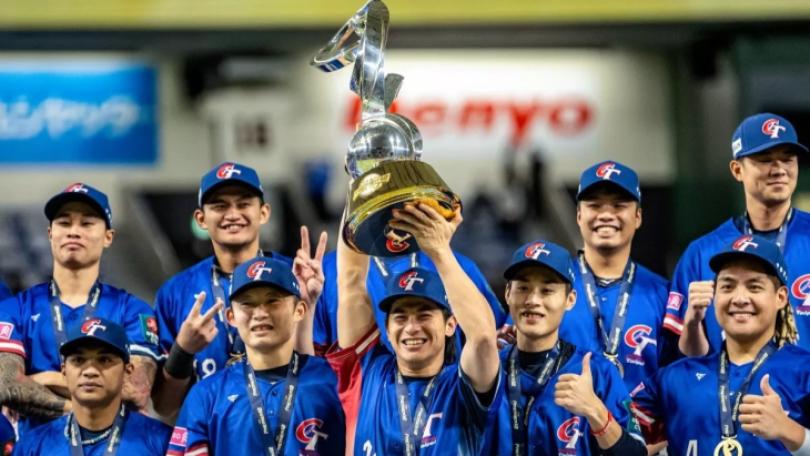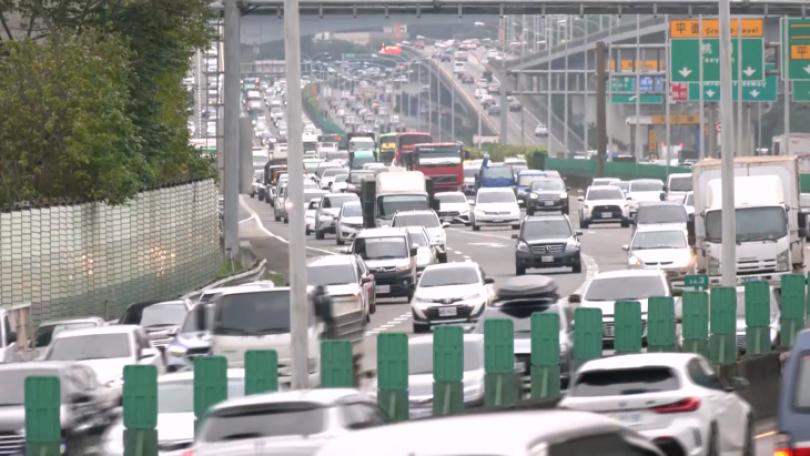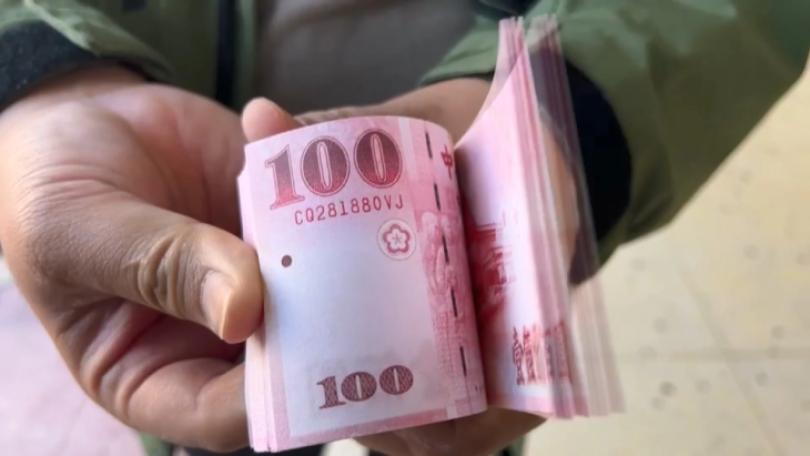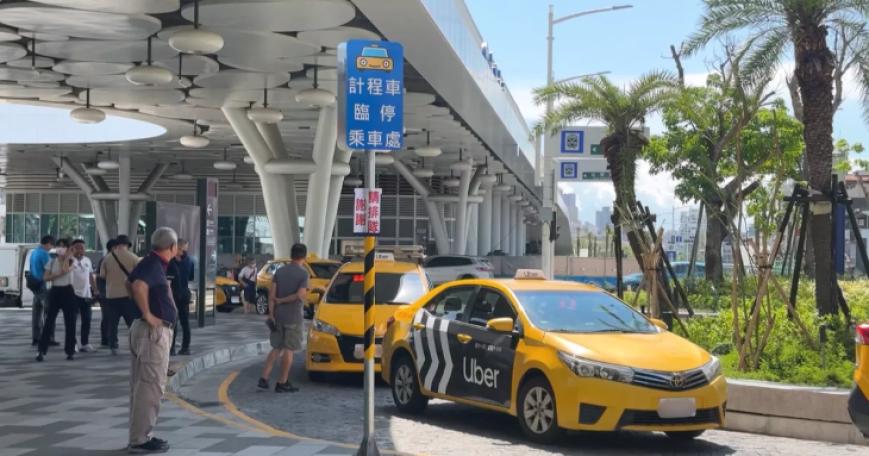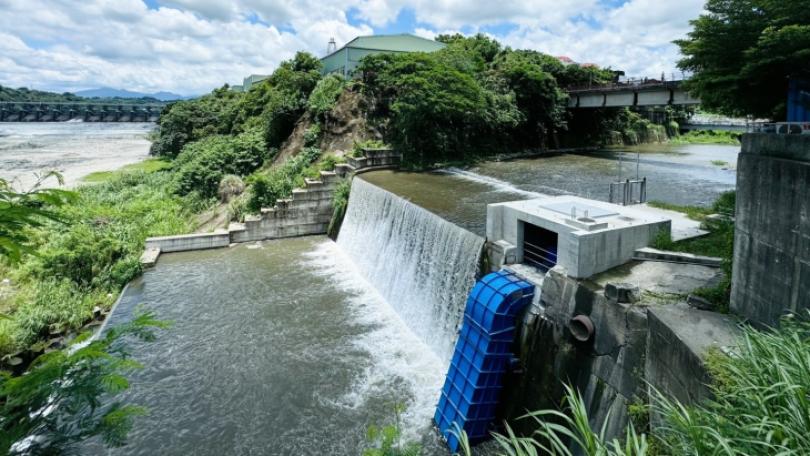COA Substituting Soy Milk for Eggs for Military? 駁國軍喝豆漿取代吃蛋 防長:額外營養補充
The nationwide egg shortage has become the most talked about issue in Taiwan. National Defense Minister Chiu Kuo-cheng has denied reports that the Ministry of National Defense is encouraging soldiers to drink soy milk instead of eating eggs, while Agriculture Minister Chen Chi-chung said the daily egg supply to the military remains the same.
The Council of Agriculture recently announced that it is providing 2.16 million bottles of soy milk to the military, which is enough for two servings per week per soldier for one month. The announcement was met with speculation that the military is paying the price for the egg shortage, and the government is using soy milk as an egg substitute.
Chiu Kuo-cheng, National Defense Minister: “I would like to especially clarify there is no such situation that we switched to drinking soy milk because there aren't any eggs. They're giving us an extra 2.16 million bottles.”
National Defense Minister Chiu Kuo-cheng said the military is responding just like the public to the egg shortage. It is feeding soldiers scrambled eggs instead of giving them one egg each. Meanwhile, the COA said the military continues to receive its daily supply of 140,000 eggs and it provided the soy milk to promote sales of domestic soybeans.
Chen Chi-chung, Agriculture Minister: “We're promoting sales of soybeans and also providing our military comrades with a variety of agricultural, fishery, and livestock products.”
The Environment and Animal Society of Taiwan showed a piece of white paper smaller than A4 during a press conference and said this is typically the space that two to four hens share, which means they don't even have space to flap their wings. This is cruel and contrary to the nature of animals. It said if the government doesn't address Taiwan's backward laying hen breeding system, the billions it spent to subsidize the upgrading of coops will have been squandered.
Tsun Fang-chy, Researcher, Environment & Animal Society of Taiwan: “If the environment that laying hens are raised in is not good and egg farmers don't upgrade their technologies, then how can the government expect to resolve the egg shortage solely through coop subsidies?”
Many chicken coops in Taiwan are smelly, and the immunity of hens goes down when they're constricted to small spaces. Civic groups say the COA needs to formulate a 10-year plan to upgrade the industry and push it towards friendly rearing environments.
農委會宣布將供應約216萬瓶豆漿給國軍,為期1個多月,國軍弟兄每週可以喝2次,外界質疑雞蛋供應問題疑似燒到軍中,想拿豆漿取代。
國防部長邱國正回應:「我特別澄清,不是蛋沒有了改喝豆漿,它是額外給我們216萬罐。」
邱國正澄清,軍中跟民間作法相同,因應雞蛋供應問題先以炒蛋代替一人1顆蛋,農委會主委陳吉仲則強調,國軍如常供應每日雞蛋數約14萬顆,豆漿是為了促銷國產大豆。
農委會主委陳吉仲表示:「我們促銷大豆,也提供多元農漁畜產品給國軍弟兄。」
雞蛋缺少何時能解,台灣動物社會研究會以手中一張不到A4的白紙,表示這張紙裡得關2至4隻雞,母雞連揮動翅膀的空間都沒有,殘忍違背動物天性,政府若沒正視蛋雞落後的飼養系統問題,花10億砸錢補助籠舍也只是打水漂。
台灣動物社會研究會研究員寸舫筑說明:「如果母雞的飼養環境不好,蛋農的飼養技術不提升,怎麼可能光靠一個遮蔽禽舍的補助就有辦法解決蛋荒。」
國內大多雞舍惡臭成為鄰避設施,母雞長時間壓迫造成免疫力低下,民間團體呼籲農委會應提出10年產業升級計畫對症下藥,讓國內蛋雞產業朝著友善飼養方向發展。

